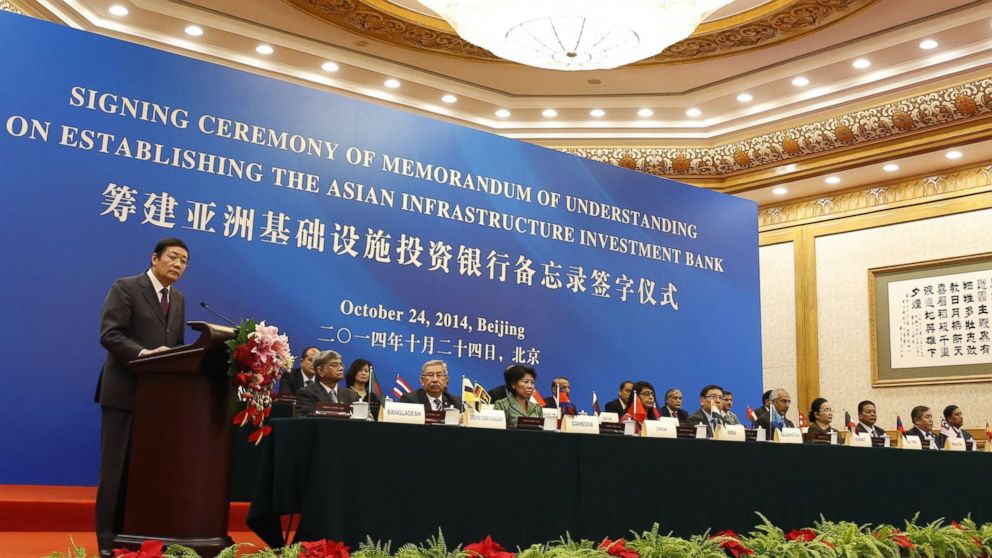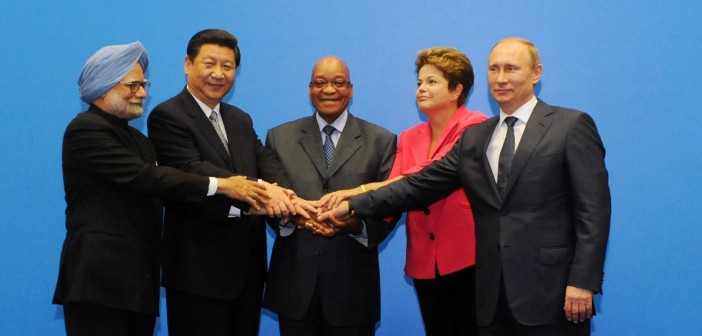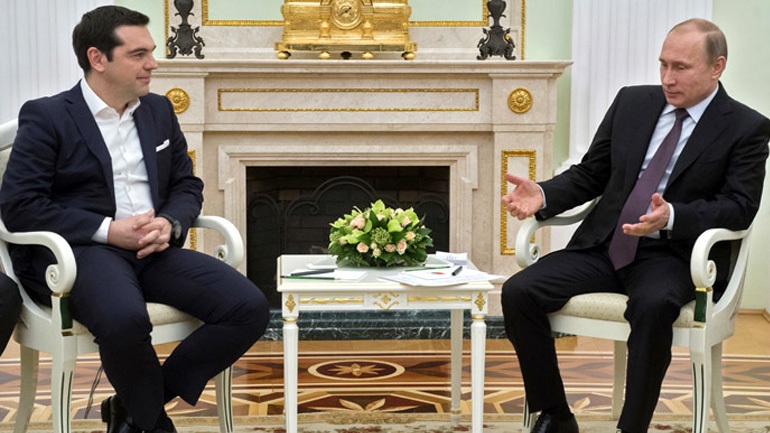For a while now, the economies of the traditional ‘developing world’ have been growing at much faster rates than those in the West. China, India, the Philippines, Kenya, and Indonesia are all forecast to grow between 5 and 7 %. This is not a new phenomenon. In most economic and business circles, it has been accepted that the world’s next major economies, the BRIC countries, the MINT nations, and others, will shape the economic climate over the next several decades. However, what has not been accepted is the scale. The Global Financial Crisis that began in 2008 created economic shock-waves – for the West.
While the economies of the United States and Europe languished in recession, the emerging economies, although a little shaken, continued on assuredly. In 2009, China’s economy grew by almost 9%. In India, it was 8.5%. The emerging economies were insulated from the effects of a crisis in the Western financial system.
After the initial crisis, came Europe’s Sovereign Debt Crisis, which saw countries such as Portugal, Ireland, Greece, Italy, and Spain struggle to fulfil their debts in the face of low economic growth. Debt to GDP ratio ballooned, and many countries are still not out of the woods.
Greece has scarcely been out of the news for the best part of a decade. At present, the country has a debt to GDP ratio of 177%. Without debt relief, the country’s current economic performance would not see the debt paid off in the near future. Greece’s economic woes have seen it be forced to turn away from what it called the ‘Troika’ – the International Monetary Fund, the European Central Bank, and the European Commission. Greece sees the austerity demands as unacceptable, and the situation has escalated to the point of a referendum over the terms of the bailout. The tables may have turned.
For decades, the IMF and other Western-based financial institutions have placed significant economic pressures on developing nations that they were supposed to help. Now it seems they employ the same tactics in the East. Developing nations, and increasingly the west, must seek alternative structures for financial assistance. The answer lies in the East.
The countries that weathered the financial storm that left the West drenched in debt are already proposing their own solutions. China has been an instrumental part of the creation of two new financial institutions. The Asian Infrastructure Investment Bank (AIIB) and the New Development Bank (formerly known as the BRICS Bank) are a bold move to create new global financial systems and support beyond the western-controlled IMF. China’s move is a smart one.

The key to understanding the emerging economies (and now those in the so-called developed world) is to recognise that they may be at different stages economically. The IMF and the World Bank have often been accused of enacting a ‘one-size-fits-all’ policy. The setting of arbitrary deadlines, and the enforcement of Structural Adjustment Programmes (SAPs) are seen as a form of economic coercion. These measures, in exchange for aid or financial assistance, force emerging economies to restructure the funding of essential social services. For the promise of funds, emerging countries have to curtail public ownership, which may have disastrous social consequences.
As little as thirty years ago, countries such as China and Russia were in the lower leagues of economic performance. Now, with the economic might of the world’s largest economy, and the backing of several emergents, perhaps new monetary systems will flourish – and countries such as Greece with them.
It takes an emerging economy to understand the needs of other emerging economies.
Perhaps now, with Greece and other western nations in economic turmoil, it may take emerging economies to understand them. The notion of the emerging nations supporting the West is not a strange one. Russia has taken a particular interest in Greece, and dissatisfied with the traditional structures, Greece has turned to the East. Russia has made repeated noises to the tune of helping Greece pay its debts. The construction of a new gas pipeline from Russia will create a €2bn deal. Greece’s economic misfortunes and Russia’s resulting extended hand may well be a signal of what is to come. The New Development Bank and the AIIB show that the emerging countries are willing to solve economic problems amongst themselves, free from the glare of an imperialist lens. With Greece’s deepening problems, and Russia’s latest moves, their ambitions may well be global.
It is clear to see that, economically, the West has exhausted its options. Enforced austerity programmes in Greece and Spain have led to a political backlash, with the emergence of the new anti-austerity left. Refusal to submit to dictated terms from the old financial powers may see the West as a whole plunged once more into a financial black hole. The West is still brushing itself off from the crash over eight years ago. If another financial crisis were to hit, few, if any of those economies would be able to repeat the ostentatious bailouts of the last. The East, with its powerful, fast-growing economies, and its new financial structures and framework, may have to come to the rescue.
If you like this article you may be interested in “Success and Sustainability: Mahindra, India’s Green Business City”.







